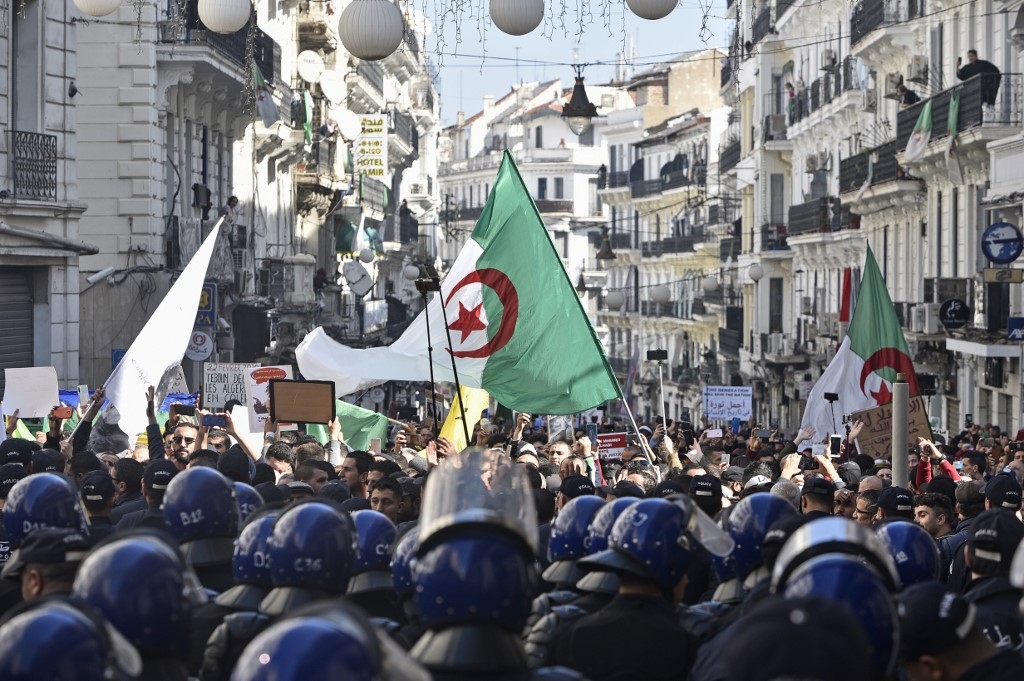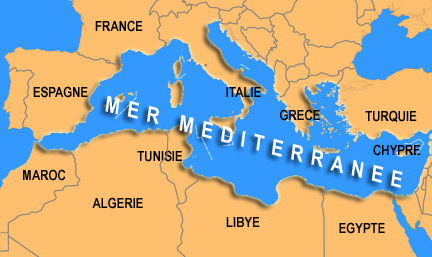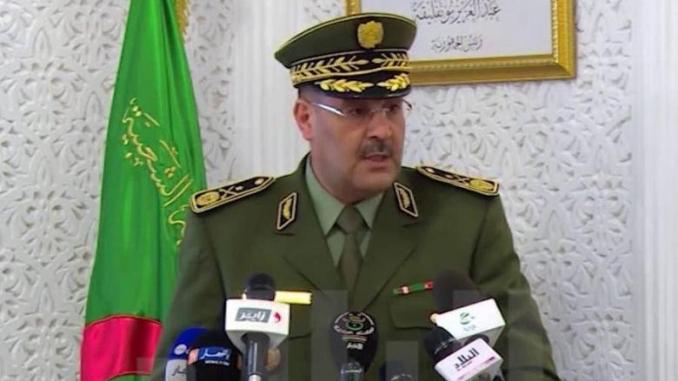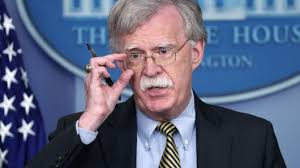Algeria’s 2024 budget confirms the country is bent on maintaining a model of rent distribution to buy social peace, wherein the state continues to use oil and gas money in non-productive spending while shunning reforms that could put the economy on a competitive track conducive to a welfare state.
Buying social peace by bolstering wages and pensions has been the modus operandi in Algeria despite the risks to economic stability in the country.
With the short window of expensive oil and gas opened by the war in Ukraine, Algeria has avoided economic collapse. Instead of using the new cash inflow to usher reforms that could be painful in the beginning and beneficial later, Algeria prefers to keep its social contract: using money to buy social peace.
The government has in 2024 adopted an expansive budget of 113 billion dollars, including a colossal 21.6 billion dollars for defense in a country where people are queuing for basic goods such as milk, flour and grains!
Nearly 14 billion dollars was budget as “unexpected spending” to be allocated later to different departments, while spending on different subsidies including basic goods, fuel and direct cash assistance amounts to 31 billion dollars.
Spending on pensions of the Mujahideen- people who took arms against France occupation, raised eyebrows. Common sense says that this budget should have been reduced given the passing away of many of the Mujahideeen 62 years after Algeria’s independence. Ironically, Algeria has raised spending on their pensions to 1.6 billion dollars!
The Algerian state will spend 38 billion dollars on its inflated public sector payroll, which takes the largest chunk of budget distribution.
Civil service spending dwarfs by far the budget dedicated to public investments which is limited to 21 billion dollars in 2024.
The exact figure of the living Mujahideeen and their number remains shrouded in opacity in an opaque regime that subsists on memorial rent.
This increased spending has backfired so far with double digit inflation hitting mostly food products. Overall inflation hovers around 9.3%.
The government’s import restrictions policy to create an artificial trade surplus has resulted in scarcity of products in the local market in a country that relies on oil and gas for 95% of its exports.
This scarcity meant that demand exceeded offer by far, sending prices skyrocketing and further worsening inflation, that has been complicated by the country’s resort to money printing.
As President Tebboune seeks a second term, he is unwilling to take painful reforms targeting the unsustainable subsidies system, key to the social peace in the unemployment-stricken country.
Tebboune and his military masters prefer to undermine Algeria’s medium term economic outlook for short term political gains.



